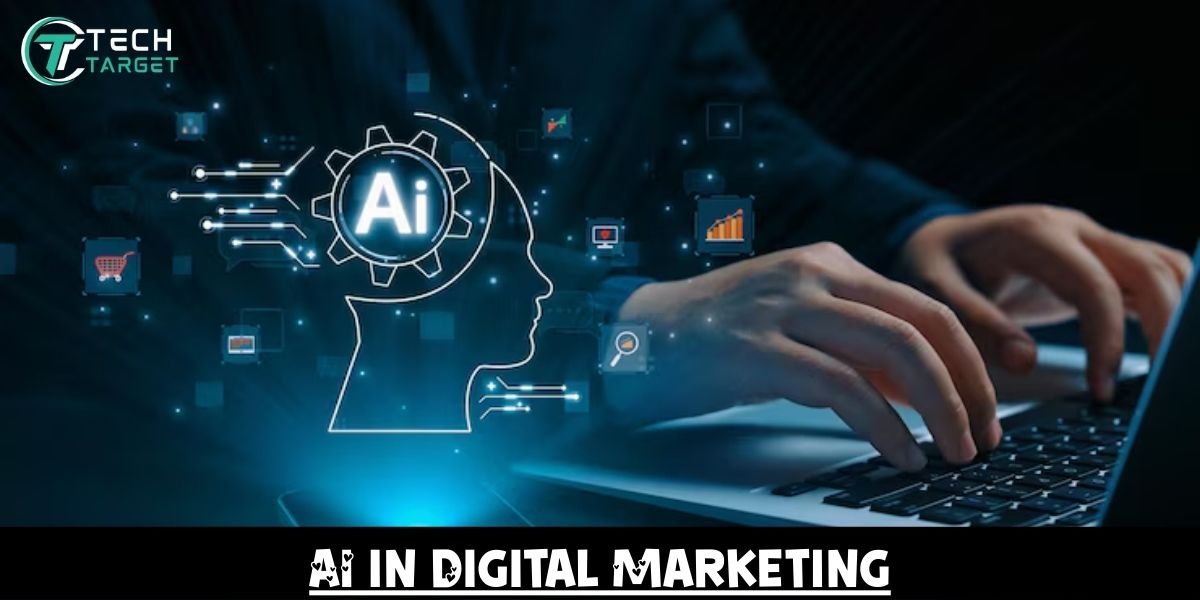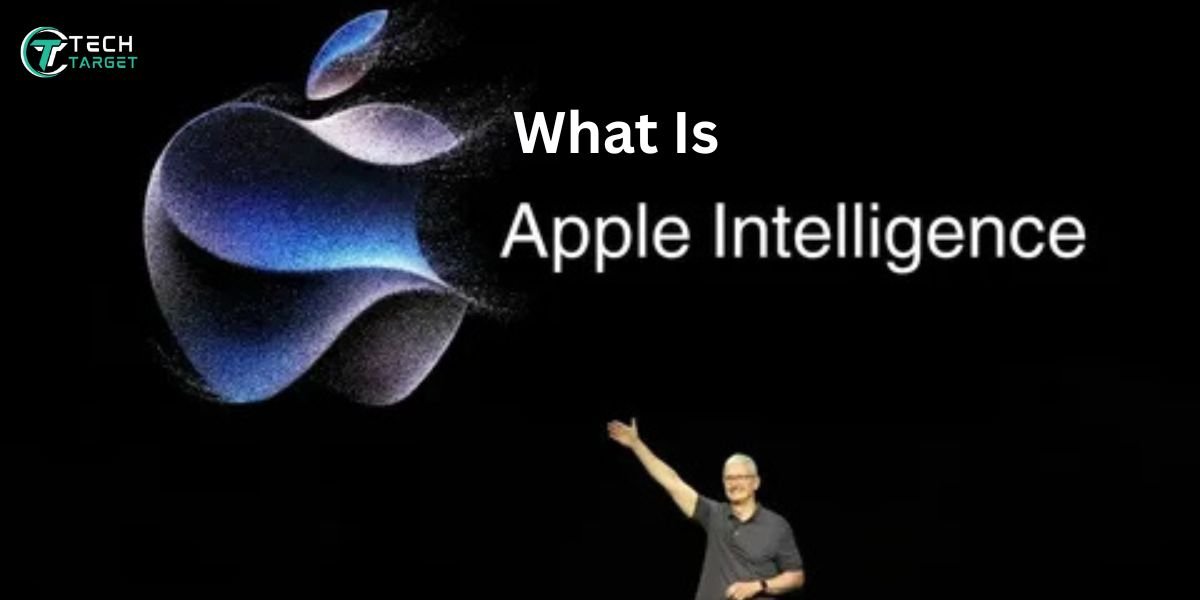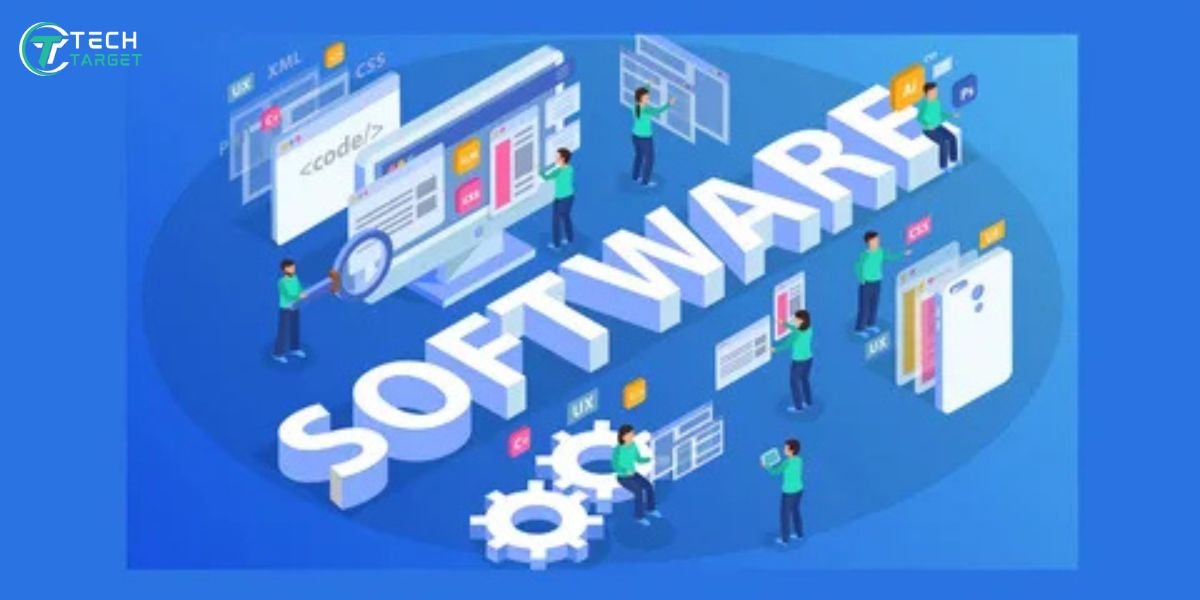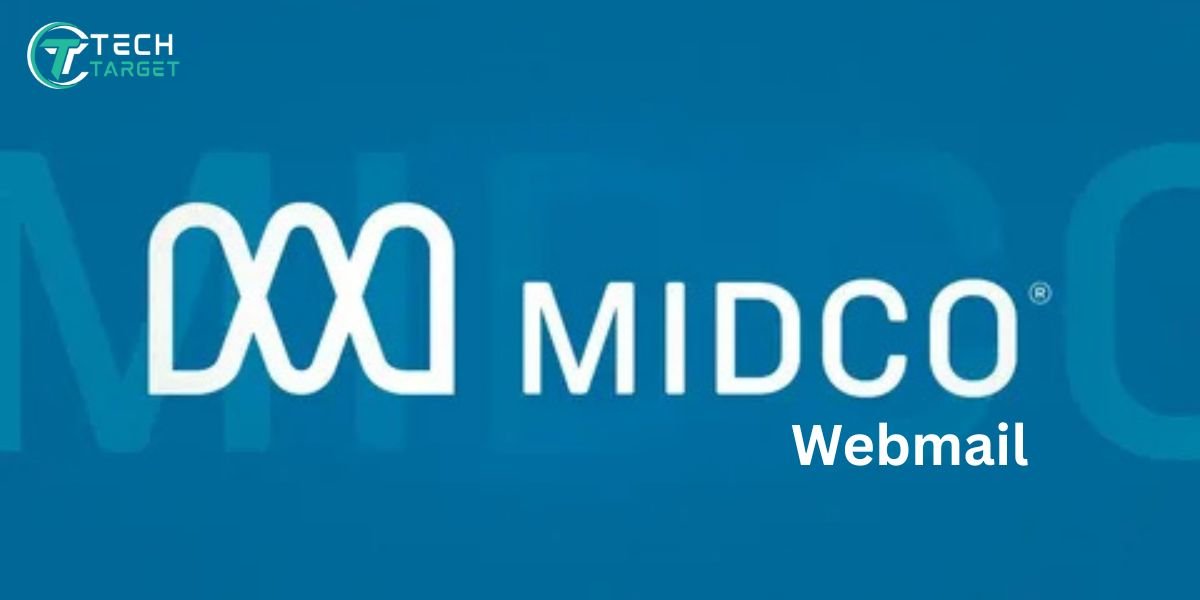Artificial Intelligence is the powerhouse of the modern era. It is the game-changer in every industry, from digital marketing to software development. The technology not only assists businesses but also transforms their way of working, enables high personalization, and enhances security. This is why many industries are implementing AI-driven initiatives and firing their old strategies. The evolution of AI has a significant impact on business, as this survey suggests, as it improves productivity by 50%, innovation by 38%, and efficiency by 45%. This article will explore the role of AI in digital media marketing, exploring how AI tools (not only chatbots) can enhance business marketing campaigns. So, let’s dive in.
What is the Role of AI in Digital Marketing?
Artificial intelligence is the use of LLMs (Large Language Models) with the help of machine learning and comprehensive training. It enables the system or “model” to process large amounts of data through which organizations can extract valuable insights. These insights allow them to make informed decisions and automate repetitive time-consuming tasks. In the digital marketing space, AI can help marketers perform a number of actions from tailored data that can help them extend their reach significantly. Modern software can now even interact with people and send them personalized messages that can turn leads into customers. For example, whenever a person randomly likes a social media post.
How Marketing Specialists Leverage AI?
Marketers leverage the power of AI in most of their modern marketing campaigns, as 64% of professionals confess that AI is now somewhat a part of their jobs. Moreover, 21% of professionals also say that AI is now integrated as a daily associate to all their business tasks. Now, the question is, how do they use it in digital marketing where uniqueness is necessary? Mostly, digital marketers are using AI for data analysis (which is the foundation of every digital marketing campaign). Over 40% of AI usage is for research and reporting, while 38% of marketers are implementing AI to create content directly for their businesses. The approach can vary from business to business, but no one can deny the influence of AI on every sector.
Top 10 Ways to Use AI for Your Next Digital Marketing Campaign
Enough of marketers and their professional decisions! Let’s help you leverage AI for your digital marketing journey. Here are the top ways this revolutionary technology can help you transform your growth from zero to hero.
Content Creation
AI can significantly improve the rate of content creation. The prime example of this scenario is writing blogs and social media content with chatbots like ChatGPT, Gemini, or DeepSeek. The good thing now is that Google also approves AI content as long as it fulfills the Google EEAT (Experience, Expertise, Authoritativeness, and Trustworthiness) requirements. Moreover, AI content creation is not limited to blogging only, you can generate any sort of content, such as social media posts, images, audio, and even reality videos with the latest updates. There is no limit, as AI content is anything you can imagine.
It is important to mention that AI content is not ready to publish as different shortcomings or elements require a human touch. You can use AI as the kickstarter for any project and later on curate the content as per your needs.
Customer Analysis
Artificial intelligence can help you make a mark in the world of digital marketing by predicting customer behavior. It is the most important aspect of every marketing journey as sales directly depend on customer experience. With AI models and tools, you can forecast people’s behavior by assessing their historical data, including purchases, online interactions, time on pages, and digital engagement.
Artificial intelligence can also turn these customer behavior insights into suggestions for your business to make informed decisions that can help you boost the ROI. Moreover, you can run multiple marketing campaigns at the same time with the power of AI.
Intelligent SEO
The advancements of AI tools also improve the most crucial aspect of digital marketing, i.e,. SERP (Search Engine Results Page) ranking with the help of intelligent SEO (Search Engine Optimization). Many online tools help you navigate the world of SEO keywords by analysing search engine algorithms. As the SEO game totally focuses on keywords and search intent, both aspects can be improved with AI-driven SEO. These tools give a comprehensive picture, based on geographical locations, about emerging search trends and online traffic. This can help you get a kickstart in the time-consuming SEO research process, which is mostly slow.
Data Analytics
Data analytics is key in the modern era, as most AI software, as well as digital marketing campaigns, work on raw data. Data tells you how to navigate the marketing world and how to place advertisements that turn leads into customers. Many businesses struggle when they have to analyze large data sets. This is where AI can collect and analyze data through insights. Customer analysis is a part of data analysis, and AI helps businesses fit the data pieces together, converting them into information and developing a marketing strategy for the brand.
Faster PPC
PPC (Pay Per Click) marketing requires thorough research and decent finances. Artificial intelligence can help you with PPC with dynamic ad generation. In contrast to traditional PPC campaigns, AI software can push limits with different Ad variations, demographics, and user intent. AI can also increase user engagement and the likelihood to click on ads with tailored Ad design and content. Additionally, RSAs (Responsive Search Ads) from Google also leverage AI to analyze various ad combinations with content headlines, descriptions, and variations. With modern tools, you can mitigate the risk of manual analysis and A/B testing on ads, ensuring complete performance.
Email Marketing Magic
Email marketing is a key pillar of digital marketing, and automation of emails can help significantly. With AI, you can take email automation a step ahead with faster and bulk emailing and more engaging written and visual content just from a single prompt. Furthermore, you can learn about the behaviour of your email marketing list scraped from the internet. As AI tools improve, email marketing software can further enhance the marketing stack.
Media Buying
Media buying is the process of purchasing space or media in the digital marketing space. It is the part of paid marketing campaigns where businesses buy processing time or space in a digital advertising platform to gather a specific audience or reach various locations. Now, with the help of AI, there is no need to hand-select websites or billboards to advertise on. AI software can search for the most effective platforms related to your brand and media types to reach out to the targeted audience. In Google Ads, there is already an AI-powered tool that assists with the media buying auction process.
What Exactly is AI in Digital Marketing?
At its core, AI in digital marketing refers to the strategic application of intelligent technologies, including machine learning, natural language processing (NLP), and computer vision, to enhance and optimize marketing efforts. These technologies empower computers to learn from vast amounts of data, identify complex patterns that would be impossible for humans to detect, and make data-driven decisions without explicit programming. In the context of marketing, this translates to a paradigm shift: moving away from guesswork and intuition towards data-backed strategies. AI enables more precisely targeted campaigns, highly personalized content delivery, and real-time performance optimization, all leading to significantly improved marketing outcomes.
The Future of AI Marketing
The future of AI in marketing is brimming with potential. As AI technology continues to advance, we can anticipate even more sophisticated and transformative applications. Hyper-personalization will reach new levels, with AI tailoring experiences to the individual level in real time. Predictive analytics will become even more accurate, enabling marketers to anticipate customer needs and proactively address them. The integration of AI with other emerging technologies, such as augmented reality (AR) and virtual reality (VR), will create immersive and highly engaging marketing experiences. However, with the increasing use of personal data, ethical considerations and data privacy will become paramount. Marketers must be transparent about how they are using AI and ensure compliance with relevant regulations.
Wrapping It Up
Digital marketing is one of those fields that are highly under the influence of AI. Businesses that are embracing AI solutions are getting way ahead of those who stick to traditional methods. As AI software can play a crucial role in scaling digital marketing strategies, it can be a game changer for businesses, especially startups. However, it is necessary to add a human touch to every AI-generated content for personalization and branding. In a nutshell, AI improves digital marketing significantly while helping newbies navigate the digital marketing landscape more easily than ever.











